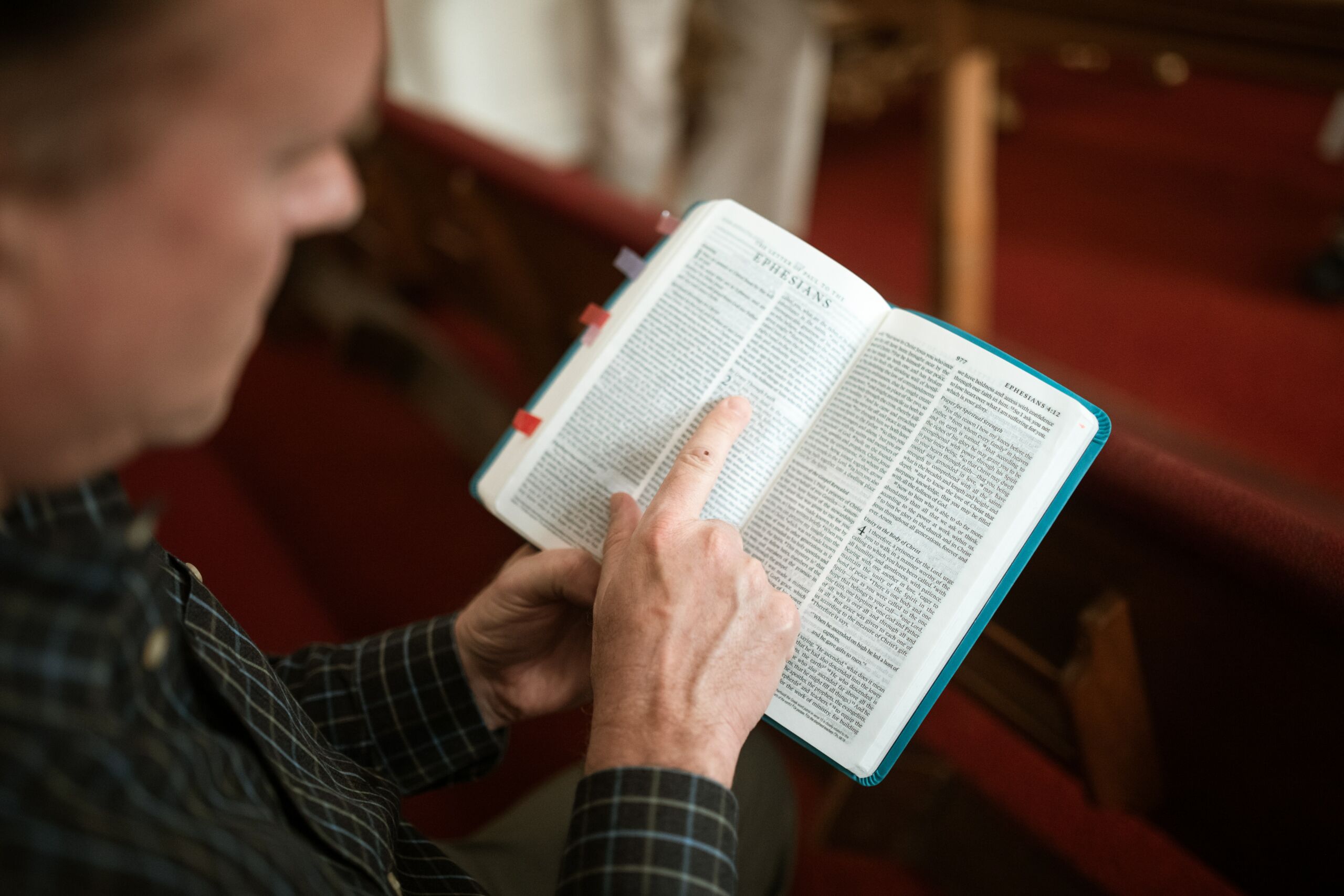This section aims to give a brief overview of ICMICA Pax Romana, in particular to those taking on new responsibilities or leadership roles at the international level or at the local level.
Structure
Constituent and associated movements
- The Pax Romana network is composed of individuals and movements belonging to 2 categories: The constituent movements and the corresponding movements. The constituent movements intervene in the orientations of ICMICA through their right to vote and the payment of the annual subscription. The associated or corresponding movements participate in the actions and debates but without voting rights.
- The list of these movements can be found here.
The coordinations
The coordinations bring together movements because of a common objective:
- Geographical, for countries belonging to the same area, for example, a sub-regions
- By profession: also called international secretariat for engineers, artists, lawyers, teachers…For example, the Siiaec brings together engineers, agronomists, and economists.
- Thematic: on a common subject such as Human Rights, Environmental Protection, History, Communication, and Formation.
Delegations to International Institutions
Pax Romana is accredited to the UN in ECOSOC New York, to UNESCO in Paris, to the Human Rights Council in Geneva and in Vienna. Pax Romana is also a member of the Council of Europe’s International NGO Conference in Strasbourg.
II. Our Strategic Orientation for 2023 – 2025
Thematic 1: Evangelization, synodality, and formation
- Evangelization is the foundation of our existence as a movement, as lay Christians, ICMICA members are called to testify to their faith and know the word of God so that they can be the salt of the earth and light of the world.
- The contribution to building a synodal church is the central guideline of our movement from the lived experience in movement practices, and
- Ensuring the formation and continuous education of our members and new members is key.
To fulfill this mission, the following activities will be carried out:
- Create a specific group for evangelization, spiritual and pastoral formation within ICMICA.
- Reflect on new models of community that are more responsive to the needs of younger professionals but also reflective of the mission of Pax Romana.
- Organize regular sessions to share the Social Teaching of the Church and document lived experiences.
- Promote partnerships with other ecclesial and civil organizations to strengthen networks of reflection and action in specific fields such as public policies (health, education, employment), human rights, climate change and environmental action, peacebuilding, etc.”
Thematic 2: Movement Building
- Support experience sharing in different fields (humanitarian, health, food) through the Specialized Secretariats.
- Continue to organize online webinars and celebrations (e.g., Pentecost) for members.
- Develop training programs for new/potential chaplains on our spirituality, mission, and tradition.
- Develop a strategy for the extension of the movement, especially in North America and Asia.
- Create a room for young professionals to take up leadership roles in the movement.
- New membership development.
- To strengthen the Specialized Secretariats to improve our presence in civil society and the church.
- To relaunch “Convergence”.
III. Communication
The main current communication tools are:
- The Icmica Pax Romana website
- The newsletters
- The social media of Miic Pax Romana International are:
-
A Facebook page.
-
-
A Twitter account
-
Instagram
-
LinkedIn
Communication is an essential part of the life of the community, members are invited to share information by sending it to the secretary general at segeneral@icmica-miic.org, or to communication@icmica-miic.org.
Mission
The International Catholic Movement for Intellectual and Cultural Affairs (ICMICA-Pax Romana) is a global community of Catholic intellectuals and professionals engaged in the world with a spirituality of action. Since 1947, ICMICA has united a wide range of individuals, small communities, national movements, and international networks with a shared commitment to support one another across borders and to integrate faith and action for a more just world. Inspired by the Gospel and the Catholic social tradition, our members are committed to the option for the poor, integral human development, interreligious dialogue, and the empowerment of women and young professionals. ICMICA is recognized as an International Association of the Faithful by the Holy See. With our sister movement, the International Movement of Catholic Students, we are an accredited nongovernmental organization with the United National System under the common name, Pax Romana (ICMICA-IMCS)



